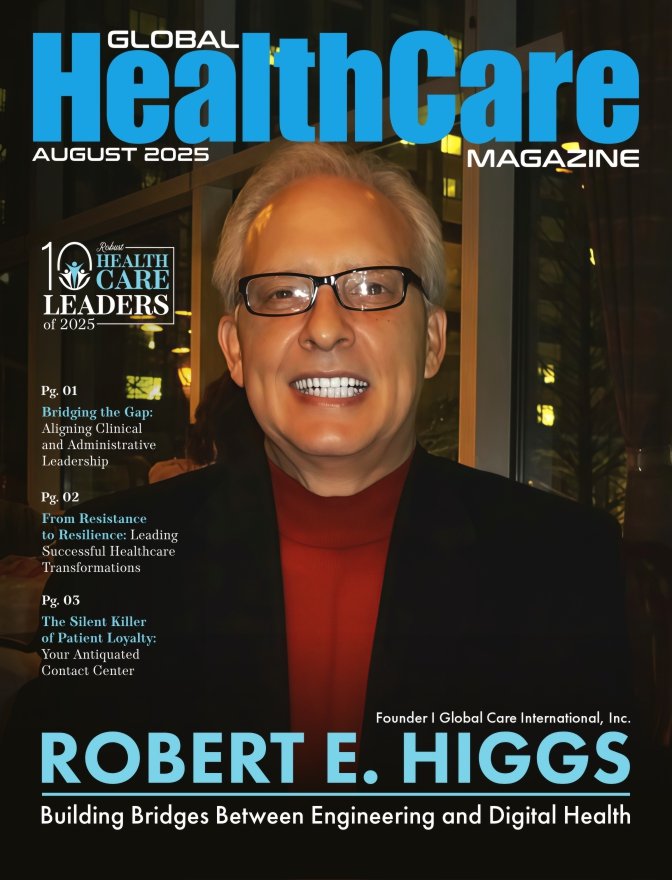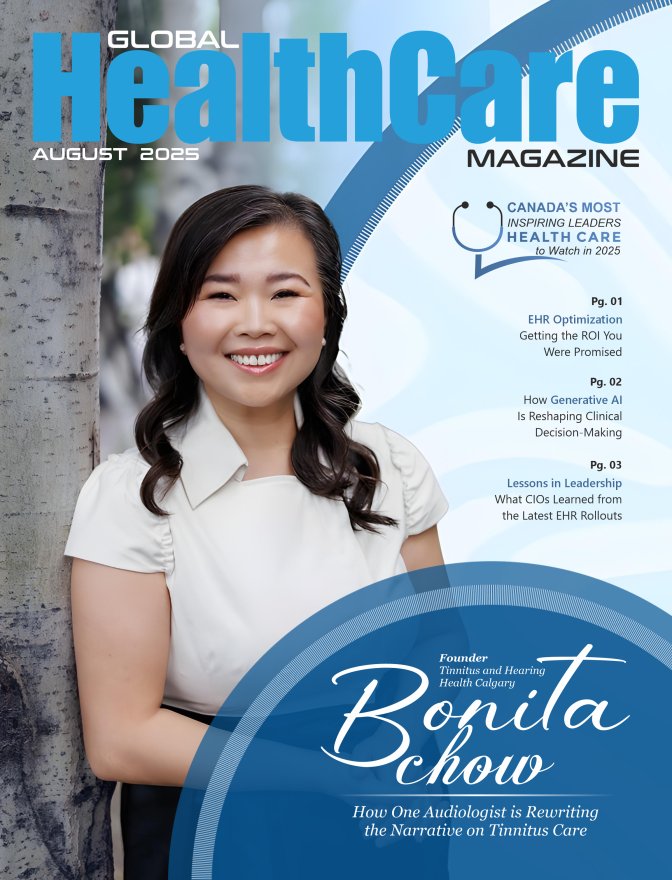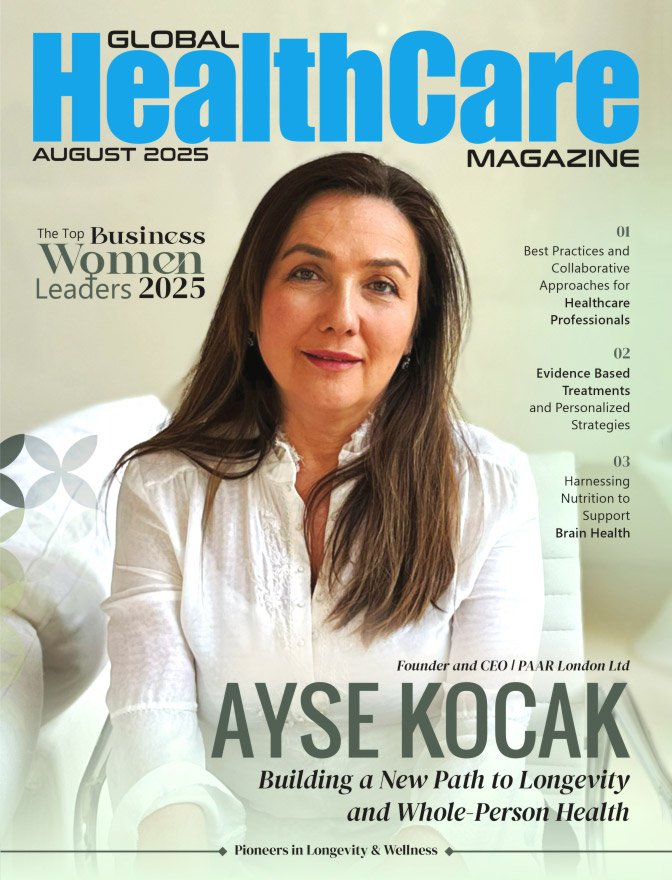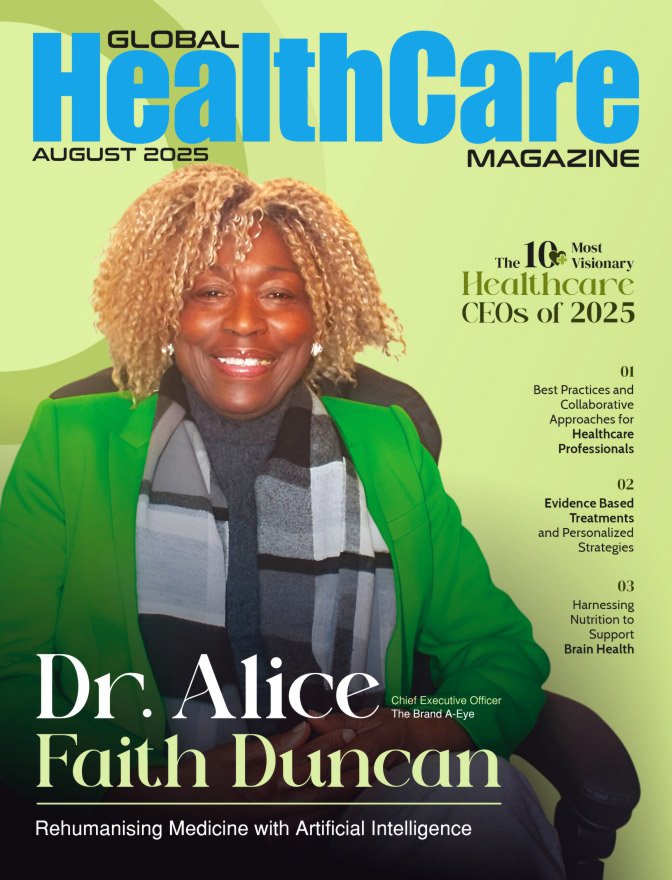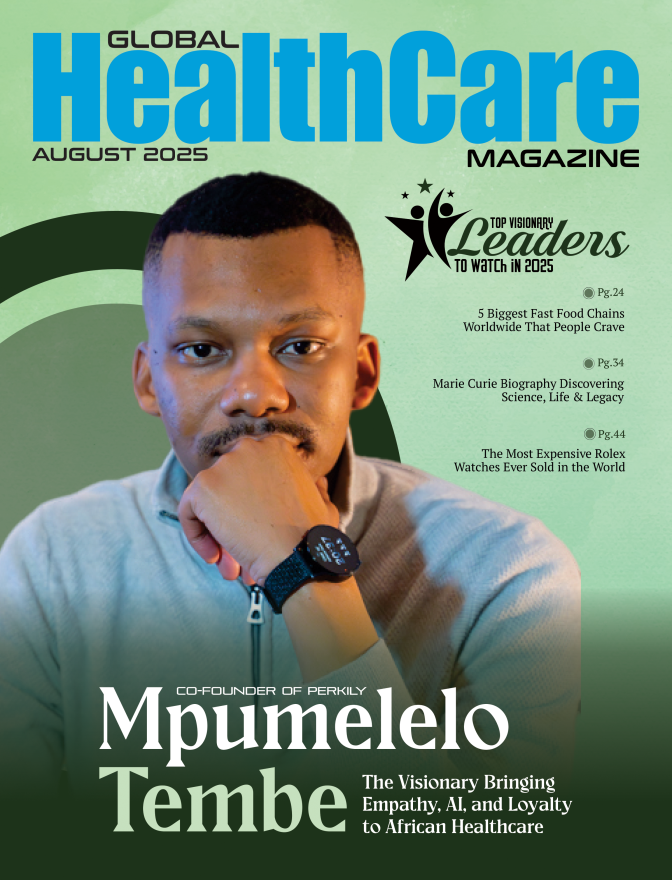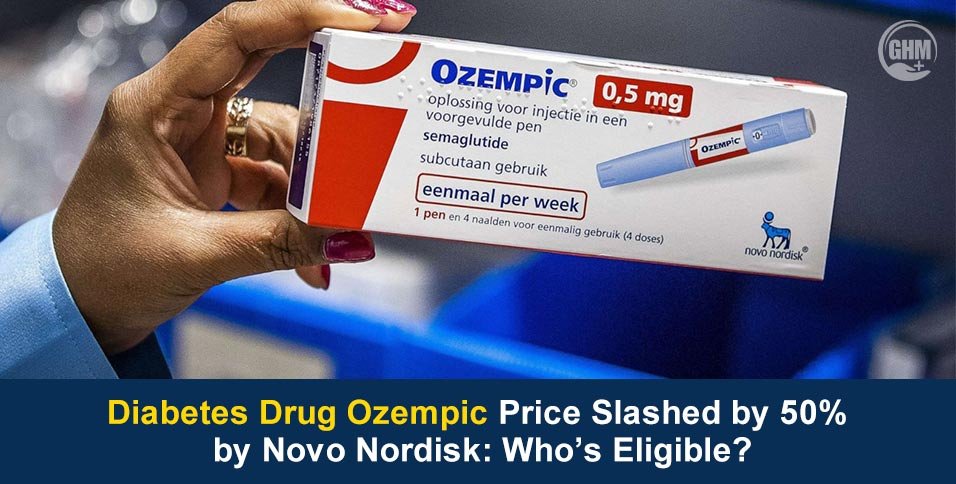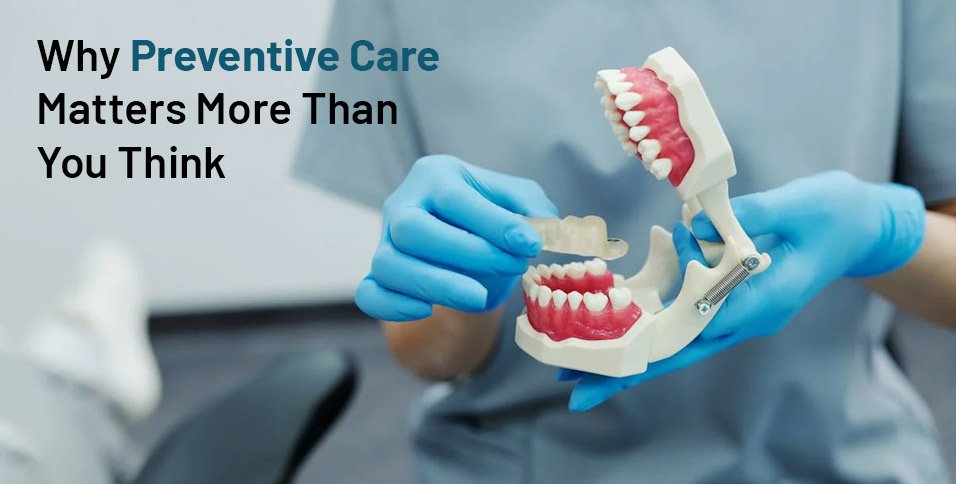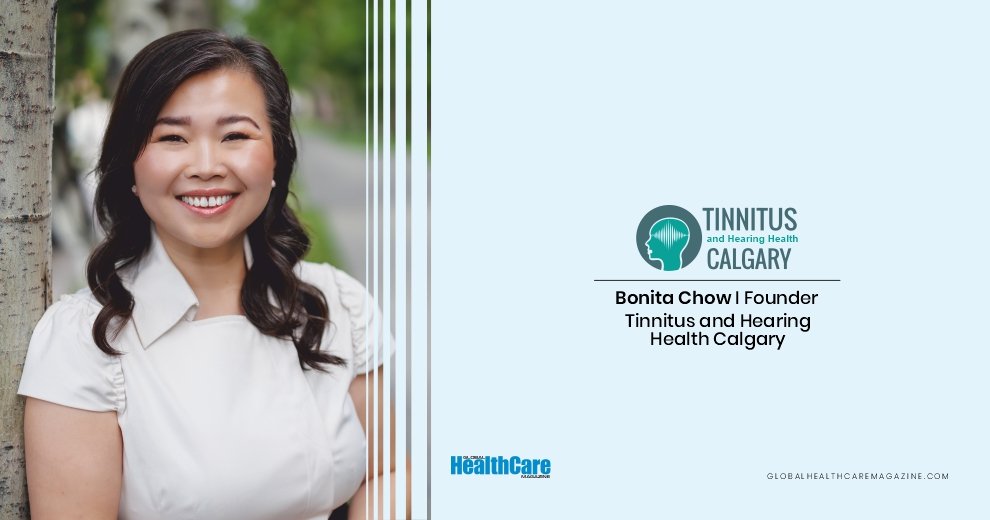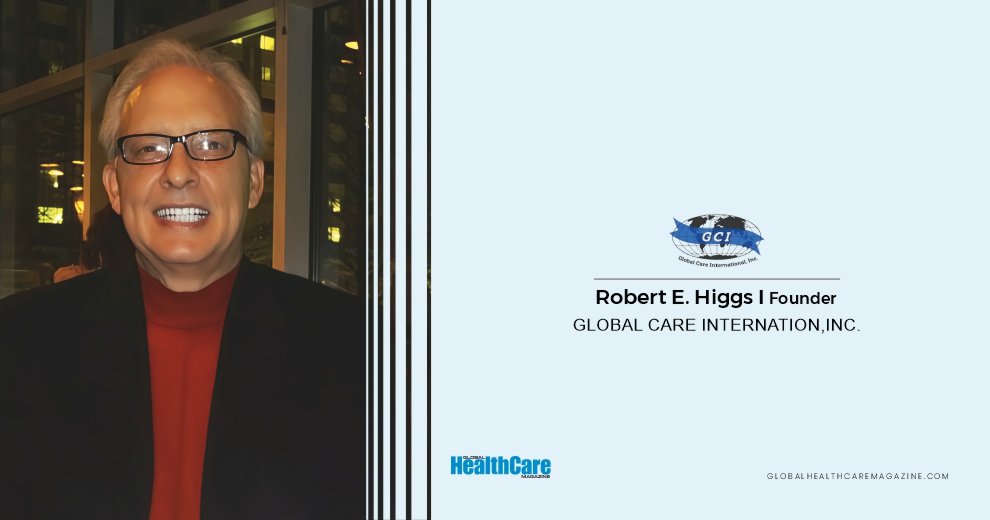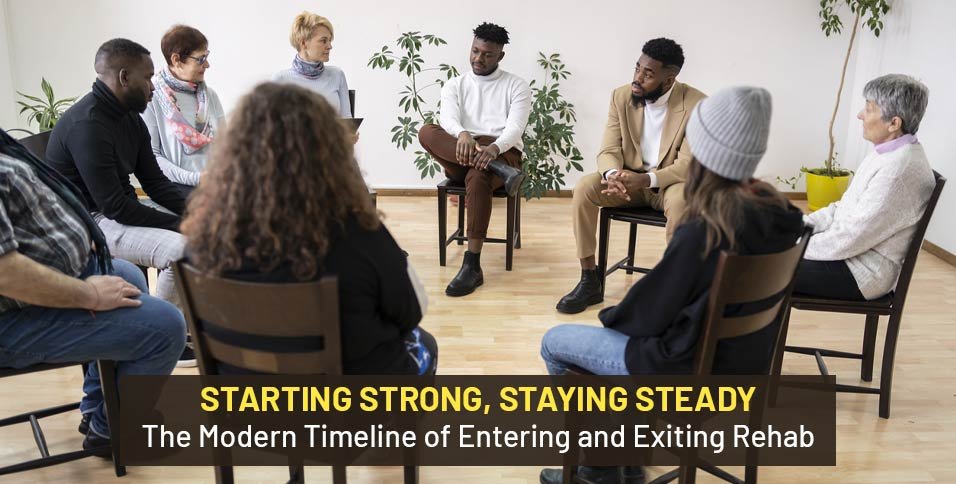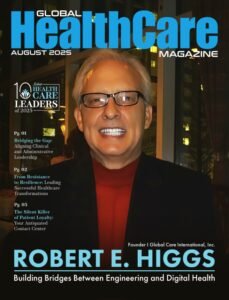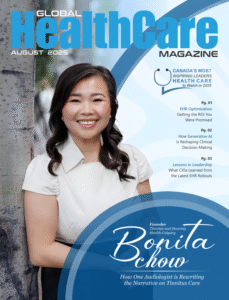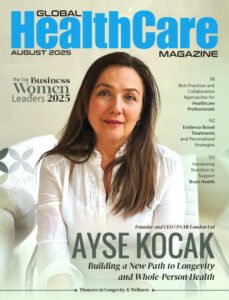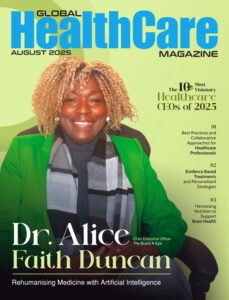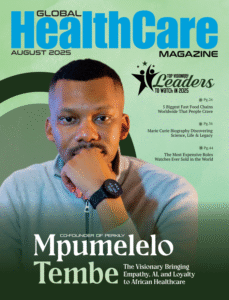The U.S. healthcare system, despite its vast financial resources, faces significant challenges. The country ranks 69th in life expectancy worldwide, even though it far outspends any country in per capita health expenditure leading to a loss of trust among those it aims to serve. Providers express frustration, patients feel overwhelmed, and the system’s effectiveness is under scrutiny. However, amidst these challenges, there are signs of hope. Innovative care models, technology, and community-driven initiatives suggest that transformation is within reach.
Leading these efforts is Maria Levis, Founder and CEO of Impactivo Consulting. She believes that the key to a healthier future lies in human interactions, not just in policy or technology. For the past decades, she has worked with medically underserved communities to improve their health with extraordinary results.
“We are a very long way from achieving our goals for improving the health of our Nation, however, pockets of transformation are undeniable. We have seen how health centers can improve all their quality metrics by optimizing human interactions with the help of technology. We have seen how facilitating enhanced team-based care can sustain improvements in type-2 diabetes control. And we have seen how community health workers have brought people back from the brink of despair.”
All this has led to having a deep conviction that health system transformation needs to begin by investing in the wellbeing of our workforce.
Maria’s journey into health policy and management began with lessons of empathy from her grandmothers, whose resilience and dedication to helping others deeply influenced her. While working with people experiencing homelessness, Maria quickly identified the systemic gaps contributing to poverty and poor health. These experiences led her to pursue advanced studies at Harvard University in health policy and management, where she found a system more focused on treating illness than promoting health.
A personal health crisis later shifted her perspective. Maria realized that true transformation couldn’t be achieved through policy, finance, and structures alone. Instead, it needs a cultural shift—one that supports individuals at all levels of the system and encourages them to prioritize healthy living.
This led her to establish Impactivo, aiming to reshape health policies and drive a broader cultural shift toward health and well-being. As a minority- and women-owned business with over a decade of experience, Impactivo addresses challenges in healthcare with a hands-on approach. The firm’s expertise in research, patient-centered innovation, implementation, interprofessional collaboration, planning, policy, payment reform, leadership development, and workforce well-being makes it a trusted partner for organizations seeking to improve both patient and provider outcomes.
Impact with Purpose: Journey towards A New Health Care
Maria didn’t wait for the perfect opportunity to engage in transformative work; she created it. When no job allowed her to fully reshape health systems, she convinced organizations to let her support them in carrying out their innovation projects. This initiative led her to found Impactivo, a consulting firm focused on transforming systems to promote health for all.
The name “Impactivo” blends the Spanish words “impacto” and “positivo,” reflecting the firm’s purpose to make a positive impact. Under Maria’s leadership, Impactivo partners with institutions like Harvard University, Stanford Medical School, Columbia University, Central Caribbean University, and Texas A&M to develop models and conduct research with communities, focusing on health equity and financial sustainability. Maria states, “We are a team that cares, with a data-driven approach that puts people first.”
Empowering Healthcare Transformation
Impactivo focuses on five key areas: Workforce Empowerment, Community Health and Care Redesign, Research and Innovation, Strategic Advantage and Consulting, and Funding for Innovation. These focus areas help health organizations improve patient outcomes and enhance workforce well-being and effectiveness.
At the core of Impactivo’s work lies their I*AM Healthy Living Implementation Map. This program, based on current research, aims to strengthen team effectiveness and retention by improving relationships and well-being within health organizations. Moreover, it offers a framework with tools, technology, training sessions, and group coaching tailored to the needs of healthcare teams.
Steering Impactivo’s Strategic Vision
Maria leads Impactivo with a strong focus on helping people. As she puts it, “All else follows.” She often drives her jeep to visit communities, where she talks with patients and front-line staff. This direct engagement inspires her and helps her assess whether their initiatives are effective. “It is where I learn if what we are doing works or doesn’t,” she explains.
She also observes that many executives become bogged down by payment policies, regulations, and procedures that dominate healthcare instead of focusing on enabling health. Maria believes that creating value for patients ultimately leads to changes in payment policy. “When the path is clear, people walk it.” Through her approach, Maria guides Impactivo toward influencing positive change in healthcare by staying connected to the needs of patients and front-line workers.
Maria also describes Impactivo as a highly collaborative endeavor. “We couldn’t do the work we do without the support of everyone in our health system, including patients. We see our clients as partners, and our industry as an ecosystem to nurture and support.”
Turning Adversity into Opportunity
As a Hispanic woman in a male dominated industry, the road has not been easy for Maria, however, her approach to dealing with what others may consider limitations is worth noting. As Maria explains, “I’ve come to understand that biases often stem from the other person’s limited understanding, not from my own capabilities, so I don’t take it personally.” When facing judgment based on superficial impressions, Maria responds with curiosity. She asks herself about the other person’s background and values. This approach usually helps her find common ground and build relationships based on mutual respect and human dignity.
Innovative Virtual Care Solutions
One of the standout projects led by Maria Levis and her team is the Optimizing Virtual Care Program (OVC), developed in collaboration with the Hospital General de Castañer in Puerto Rico. Funded by the Health Resources and Services Administration, this initiative demonstrates how strategic partnerships, and innovative approaches can achieve significant results in underserved communities. Specifically, the OVC program bridges the gap between patients and healthcare providers by integrating Community Health Workers (CHWs) into care teams alongside nurses and primary care doctors.
The program’s success is evident from its results. CHWs, using telemedicine kits and virtual communication tools, deliver consistent, well-coordinated care to patients in remote areas. The key to this approach that not only improves patient health outcomes but also reduces healthcare costs lies in the integration of care for patients. Preliminary data from the OVC program shows a 72% reduction in costs for high-cost high needs patients compared to similar patients at the same health center. This reduction, primarily due to a decrease in patient anxiety, fewer hospitalizations, and less emergency room visits, follows from more timely and organized care.
“I get concerned when organizations develop standalone community health workers or telehealth solutions that are not integrated into patient’s care. The real waste in our health system lies in the silos that limit patients from being seen comprehensively.”
Furthermore, Maria has spearheaded similar projects, supported by organizations such as the National Science Foundation, the Centers for Medicaid and Medicare Services, and the National Institutes of Health. These collaborations have thus enabled her team to develop and scale care models that make a tangible difference in the lives of patients and communities. One of these models, first piloted in Salud Integral de la Montaña, is currently being studied as part of a study funded by the National Institutes of Minority Health.
Prioritizing Well-Being: Maria’s Approach to Work-Life Balance
Maria maintains a work-life balance that supports her well-being. She understands the lifestyle habits that keep her grounded and energized. Each day, she practices yoga and meditation, follows the principles of lifestyle medicine, and prioritizes activities that benefit her physical and mental health. These activities include regular exercise, a healthy diet, stress management, strong relationships, adequate sleep, and avoiding harmful substances.
Maria believes that avoiding burnout involves continuing to do what matters most rather than simply working less. “What truly burns us out is when we stop doing what’s important to us,” she explains. For Maria, this approach means making time for loved ones and maintaining her healthy routines, even amid a demanding career.
The People Prescription: A Roadmap for Health System Transformation
Maria’s new book, “The People Prescription,” is a compelling call to action for those invested in transforming the U.S. healthcare system. Drawing on decades of experience working with underserved communities and collaborating with top institutions like Harvard, Stanford, and Columbia, Maria offers a practical exploration of the systemic issues in healthcare. Furthermore, the book provides a roadmap for change, focused on putting people first.
“The People Prescription” challenges readers to view a focus on helping people live healthy lives as a powerful act of defiance in a world where the healthcare system often fails to support it. Maria’s unique perspective, gained from her experiences as both a patient and a leader, reveals the troubling disconnect between what people need to prioritize for health and the system’s overall effectiveness. Thus, she argues that true transformation begins with leaders who prioritize their well-being, enabling them to drive meaningful change.
Advancing Healthcare through Workforce Well-being and Virtual Care Expansion
Looking ahead, Maria has ambitious plans for her company, starting with the national rollout of the I*AM Healthy Living Implementation Map in 2025. This initiative is central to her vision of a healthcare system that prioritizes the well-being of its workforce. “Our healthcare professionals deserve to be healthy, and we are committed to supporting them in this effort,” Maria emphasizes.
Moreover, Maria is excited about expanding the Optimizing Virtual Care Program to underserved communities across the country. Given the looming workforce shortages, she believes this program can revolutionize care delivery. Through these initiatives, Maria is positioning her company to lead the charge in creating a more sustainable and equitable healthcare future.
Quote
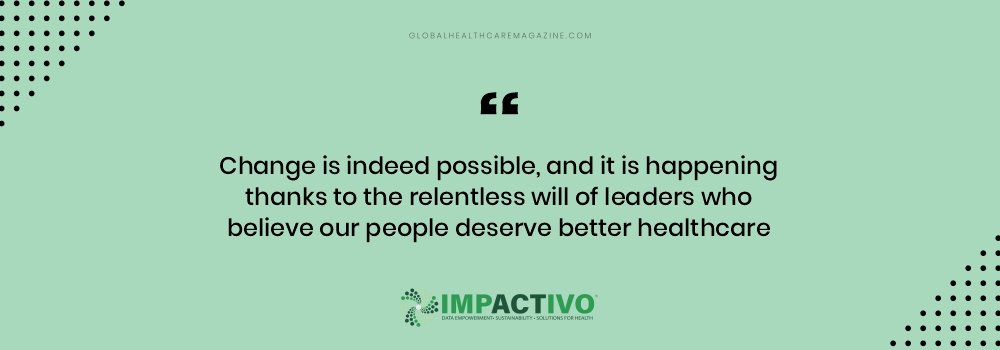
Also Read: Women Leading Healthcare: The Top Business Women Leader 2025


